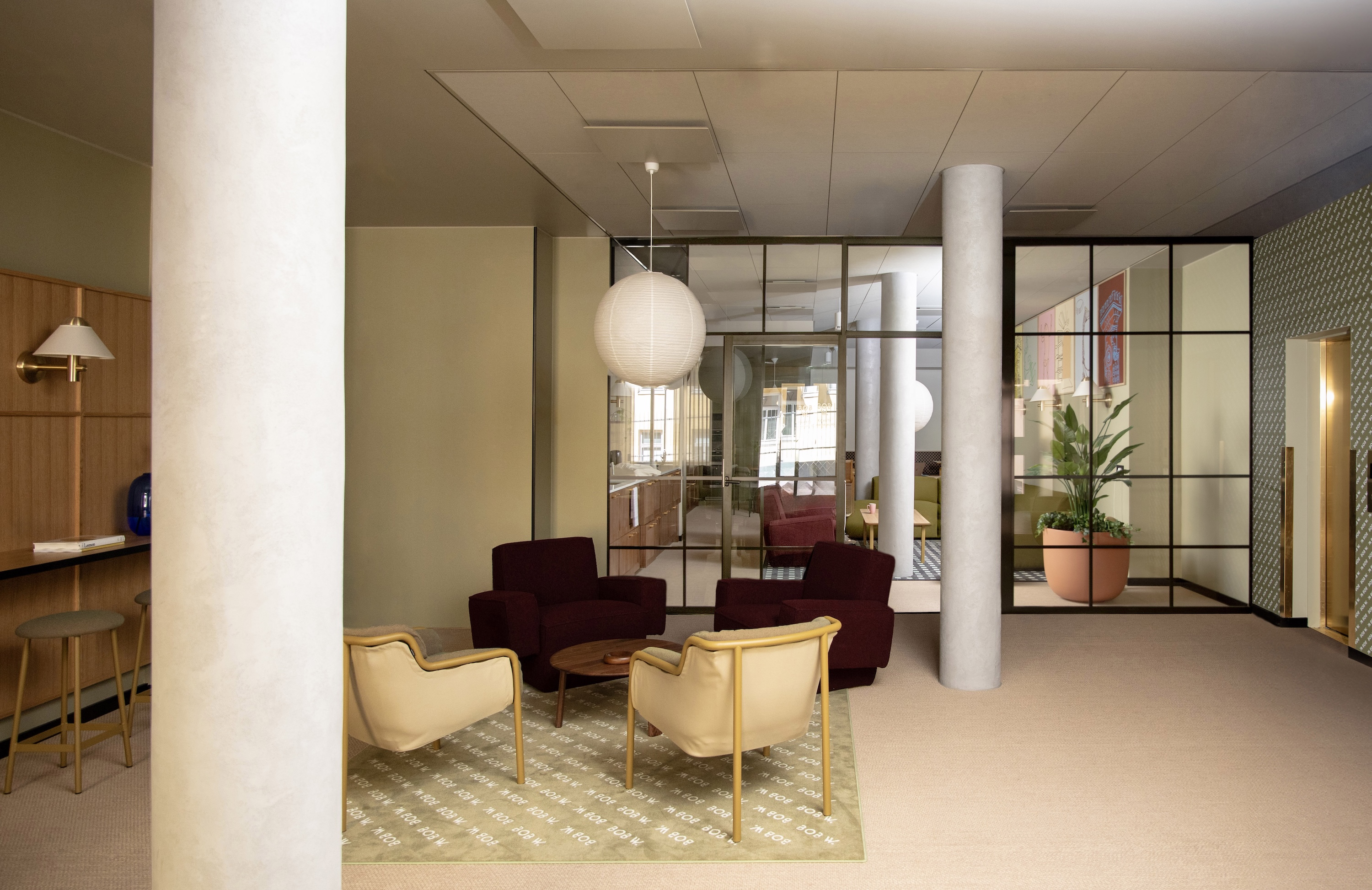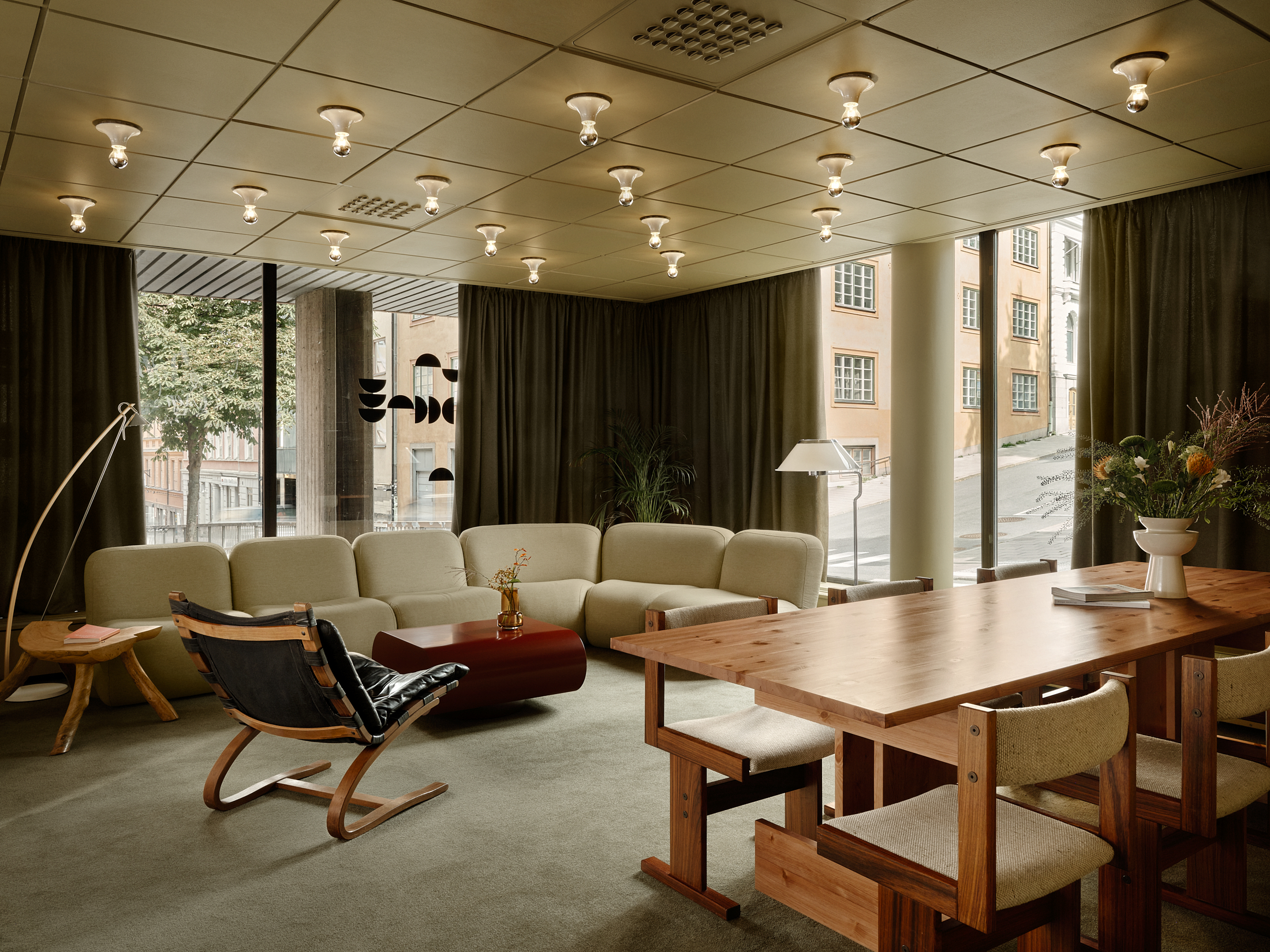By Philip Grace, Chief Development Officer at Bob W
Across Europe, the economics underpinning the traditional mid-market hotel sector are creaking and groaning louder than ever.
Rising capital expenditure requirements, escalating energy performance obligations, wage inflation and a slowdown in average daily rate (ADR) growth are squeezing profitability. For many landlords, the decision boils down to whether to channel capital into upgrading outdated assets or to hold out in the hope of cyclical recovery. Either route highlights the fragility of today’s mid-market model.
The reality is stark. Pouring fresh cash into a conventional mid-market hotel risks locking money into a format with diminishing returns, as service-heavy models are harder to justify amid rising labour and utility costs. Investors are increasingly asking if there is a smarter, more resilient use for these assets.
One answer is hiding in plain sight - the conversion of older hotels into serviced apartments or aparthotels. Done well, and partnering with the right operator, these conversions provide significantly leaner operations, longer average lengths of stay, faster stabilisation and, ultimately, more resilient income streams. Compared to a like-for-like hotel upgrade or the risks of ground-up development, repositioning existing hotels to take advantage of rising demand for extended-stays can be both quicker and cheaper.

Technology plays a crucial role. Digital check-in, smart room controls, and integrated property management systems streamline operations, cut costs, and elevate the guest experience, making projects financially viable in the first place.

Across Europe, serviced apartments recorded a 3.8% occupancy increase last year, with a 4.4% increase in Revenue per Available Room (RevPAR) despite flat rates, according to a study of 6,000 units.[1] And in the UK, the extended-stay sector delivered average annual RevPAR of 27.5% above the hotel average between 2021 and 2023.[2]
Serviced apartments offer a fundamentally different operational setup. With fewer back-of-house and F&B requirements, they are more efficient to run day-to-day. Digital tools now allow operators to deliver hotel-level service standards with leaner teams, cutting overheads and accelerating break-even. For landlords, the appeal is lower opex and steadier cashflow from operations.
Not every hotel is a candidate for conversion but Europe is full of three- and four-star properties built in the 1970s, 80s and 90s with generous communal spaces, practical floorplates and central locations. Crucially, this opportunity is not confined to larger assets either. Many smaller hotels, particularly those under 120 keys, are no longer viable for traditional big-box operators, whose overheads and staffing models simply don’t scale down efficiently. At the same time, a generational shift is underway with family-run hotels across Europe increasingly without successors willing to take them on.
Here, technology-enabled operators can step in by making these smaller assets financially and operationally viable again. Recent projects such as Bob W’s Kaarti conversion in Helsinki demonstrate how formerly traditional hotels can be transformed into award-winning serviced apartments that meet both design and sustainability benchmarks.
Repurposing existing hotels also dovetails with growing ESG and regulatory pressures. Demolishing and rebuilding emits up to 75% more carbon than adaptive reuse. By working with existing structures, conversions preserve embodied carbon while still delivering modern energy performance upgrades. With EPC compliance tightening across Europe, landlords are under pressure to act. Upgrading inefficient hotels into serviced apartments allows them to tick multiple boxes: retaining asset value, improving operational sustainability and staying ahead of regulation.
Progressive operators are redefining the standard. Bob W’s amenity-light model for example uses proprietary tech and local partnerships to deliver guest services without fixed overheads, protecting GOP. For investors, the impact is tangible: leaner operations, resilient income, stronger ESG alignment and with restrictions on Airbnb rising across Europe, significant growth opportunities.
The final piece of the puzzle is demand. Traditional hotels, reliant on short leisure stays and cyclical business travel, remain vulnerable to market swings. Serviced apartments, by contrast, attract a more diverse and dependable guest base such as extended-stay tourists, relocating professionals, corporate project teams, and digital nomads. These groups stay longer and drive stronger length-of-stay performance, which we’ve seen consistently outperform hotels across our European portfolio. Even when leisure or business travel softens, relocation and corporate bookings sustain occupancy, giving landlords greater income visibility and reduced volatility.

For hotel owners wrestling with ageing assets, the choice is increasingly binary. Either commit more capex to a model with tightening margins, or reposition into a format that offers stronger fundamentals, clearer ESG credentials, and more resilient demand. Serviced apartment conversions won’t be right for every property, yet for the vast pool of mid-market hotels across Europe that are struggling to remain competitive, they represent one of the clearest routes to future-proofing income, particularly as institutional capital increasingly requires ESG compliance.
This story was originally featured in Green Street News.














